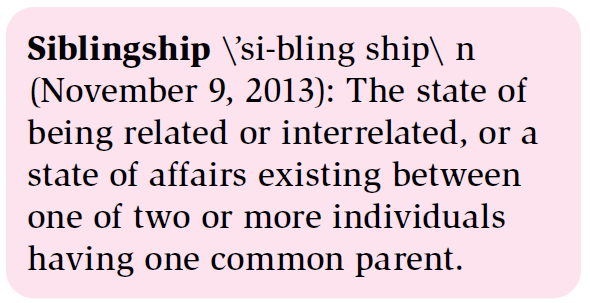Category: Wisdoms
-
Do You Need a Trust?
Do I need a trust?” This is a common question I am asked when meeting with a client who is unfamiliar to estate planning. My usual response is, “It depends.” It depends on the client’s intentions or wishes, the client’s goals and concerns, the types of assets the client has, the age/maturity of client’s beneficiaries…
-
The Importance of Funding Your Trust
Your revocable living trust (RLT) is a vehicle to deliver your assets to your beneficiaries — including you, if you become incapacitated. Think of your RLT as a little red wagon. In order for your wagon to do its job, you must load it up with your stuff. Anything you do not put into your…
-
Build Financial Literacy in Your Children
Children often learn their first lessons about money from the adults they’re closest to. Whether it’s listening to parents discuss a purchase or watching them pay bills online, kids are observant and their relationship with money is often shaped by what surrounds them. If you are a parent looking to instill financial wisdom in your…
-
Navigating Hawai‘i’s Condo Laws, Part I
Hawai‘i’s unique housing landscape relies heavily on condominium and community association laws, which manage shared living spaces, properties and the intricate relationships within them. Governed by specific statutes, these laws include HRS 514B for condominiums, HRS 421J for community associations, HRS 421I for cooperatives and HRS 514E for timeshares. Of these, condominium laws stand out…
-
Estate and Gift Tax Exemption Changes
Hau‘oli Makahiki Hou! We hope 2025 is filled with prosperity, vitality and good health for you and your loved ones! If Congress doesn’t act, the federal lifetime estate tax and gift tax exemption is due to sunset at the end of 2025 and will revert back to the 2017 exemption amount of approximately $5.6 million…
-
Some Final Considerations
Donating your body to the local medical school is a way to both dispose of your remains and benefit your community. The most valuable resource for learning about a human body is, well, a human body. Many medical schools will have your body picked up (at no charge to your family) and delivered to the…
-
Maximize Your Charitable Giving
Many investors give back to their communities through traditional monetary gifts. But other gifting strategies may help maximize the value of your generosity and provide tax advantages. Four strategies that may be worth exploring: As you consider these strategies, consult with your financial advisor and tax advisor, who can help you evaluate the choices to…
-
Prepare Today, Protect Tomorrow
In our island community, where the bonds of family and tradition run deep, facing a long-term care event is one of the most challenging experiences we may encounter. Such events can place emotional, physical and financial strains on even the strongest ‘ohana. Without a clear and thoughtful plan, families often find themselves making difficult decisions…
-
Naughty or Nice?
Your estate plan is the set of documents that you use to say who gets your stuff when you go. It is also where you can say who doesn’t get any of your stuff — with some important exceptions. In most states, you can disinherit everybody but your spouse. You can even disinherit the IRS.…
-
Is Travel on Your Retirement Agenda?
One of the great benefits of retirement is having the freedom to pursue new interests and hobbies at your leisure. For many, travel is at the top of their retirement bucket list. The key question is how to make sure your retirement savings can keep up with your travel ambitions. The following considerations can help…
-

Doing Good While Doing Well
Enjoying a successful career or owning a profitable business can enable a person to give some wealth back to the community where it was generated. If this describes you, consider the following pointers: ■ NEVER SELL APPRECIATED ASSETS IN ORDER TO MAKE CASH GIFTSIf you sell an asset in order to generate cash to make…
-

Siblingship
Siblingship describes the unique relationship between siblings. Siblings begin their relationship at a young age, and if they are fortunate, they reach old age together. They experience joys and setbacks, they laugh and cry — and they fight. Through the fighting, they can learn conflict resolution. Spouses join us in our adult lives. Friends often…
